Bringing parts of nature indoors may have a number of beneficial consequences, including improving air quality, reducing stress levels, and adding to the visual appeal of a space. On the other hand, many popular houseplants also contain unique properties that make them beneficial to your health.
In this post, we will look at ten plants that are not only appealing to the eye but also help to the maintenance of a healthy living environment.
To do this, we will focus on the specific mechanisms that each plant uses to accomplish this goal.
Ten Most Popular Houseplants:
1. Aloe Vera
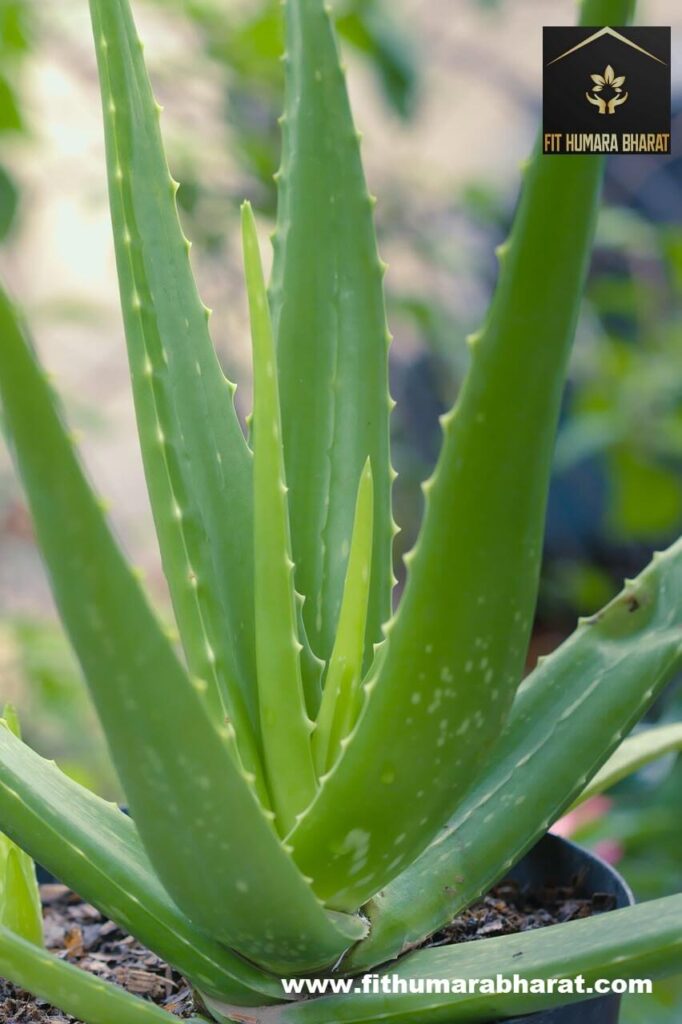
Because of its curative properties, aloe vera has become a well-known product. The plant’s leaves contain a gel that may be extracted and used to treat minor burns, wounds, and several other types of skin irritation. It is not only an excellent moisturiser, but it also has the potential to cure dry skin.
To use, just cut open a leaf and rub the gel into your skin. The instructions are included. The gel that may be derived from aloe vera plants is utilised rather frequently in the cosmetics industry.
2. Lavender
Medicinal uses of lavender (Lavandula angustifolia) include its ability to relieve tension and anxiety. The calming aroma of this product has been shown to relieve stress and anxiety as well as ease headache pain.
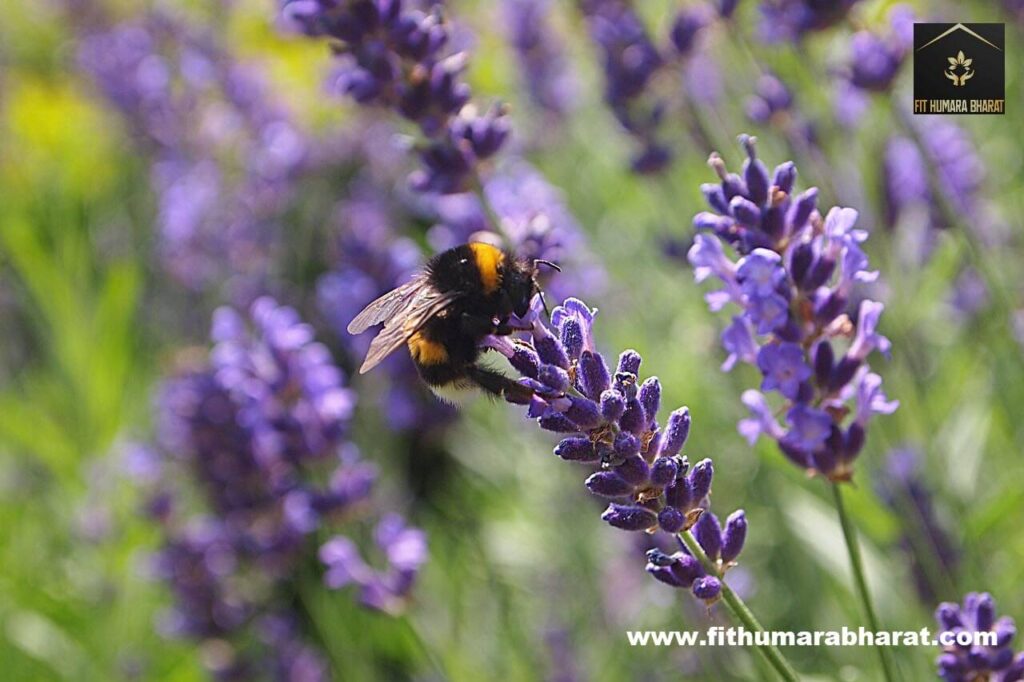
How to Use: Keep a potted lavender plant in the bedroom to aid in relaxation and dreaming. Lavender blossoms may be collected, dried, and then used to create sachets or essential oils for aromatherapy.
3. Eucalyptus
The healing properties of eucalyptus (Eucalyptus globulus) include its effectiveness as a decongestant in alleviating symptoms of respiratory illnesses such colds, coughs, and sinus congestion. Essential oils from its leaves have antibacterial effects.
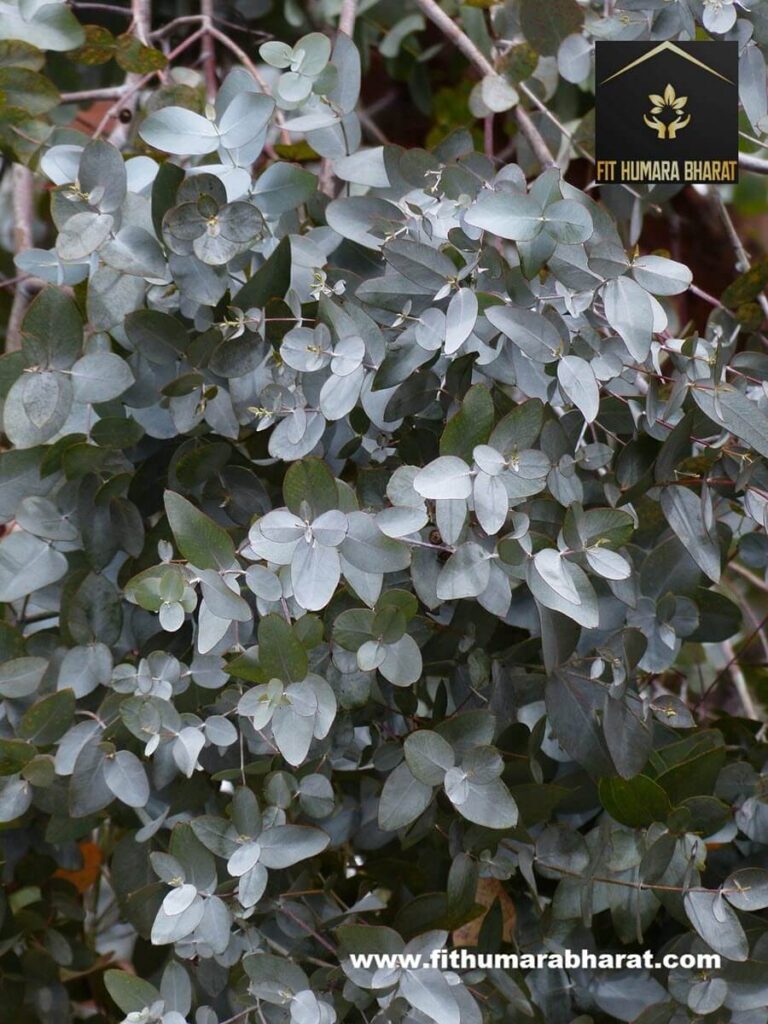
The pleasant characteristics of eucalyptus may be enjoyed by placing a plant in a bathroom or bedroom. Steam inhalations made with eucalyptus leaves added to hot water are another option for clearing congestion in the nose.
4. Spider Plant
The Chlorophytum comosum, or spider plant, has been used medicinally for centuries. In particular, they are useful for enhancing the quality of air within a building by removing harmful substances like formaldehyde and xylene.
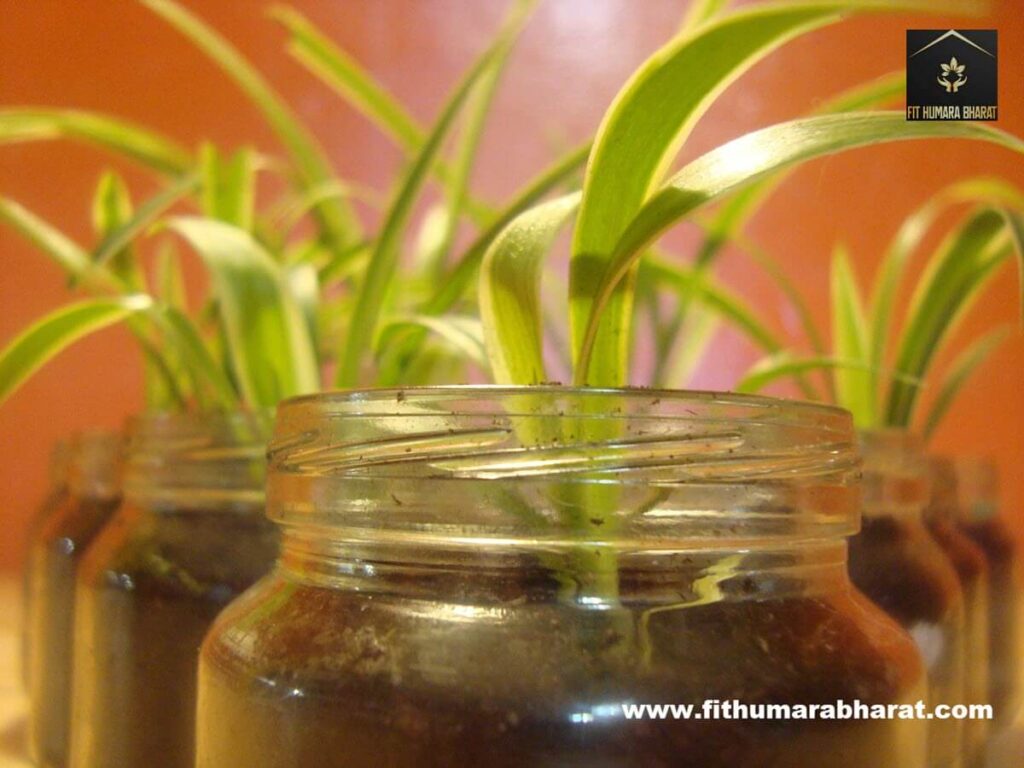
The best way to take advantage of spider plants’ purifying abilities is to keep them in bright rooms like the kitchen or living room.
5. Peppermint
Peppermint (Mentha piperita) is a popular herbal remedy because of its soothing effects on the stomach. It is great for those who suffer from gas, bloating, or indigestion. Peppermint’s menthol content can help alleviate headache pain by reducing inflammation.
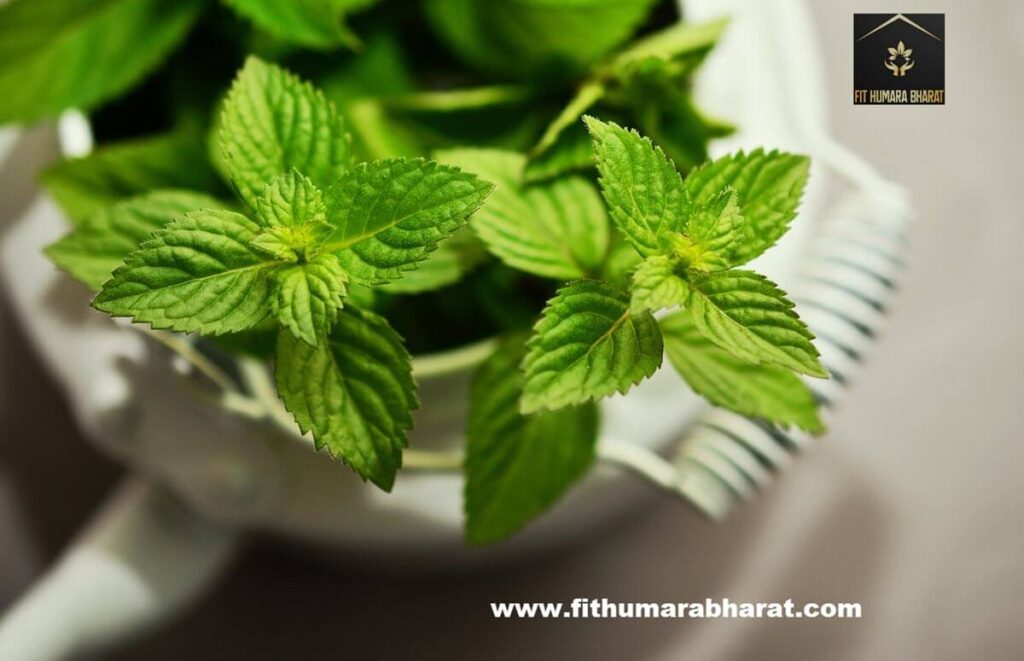
Peppermint leaves may be used to produce a refreshing tea or added to food for added flavour and digestive aid.
6. Rosemary
The healing properties of rosemary (Rosmarinus officinalis) include an alleged enhancement of memory and focus. The aromatic chemicals in it have actually been shown to improve concentration as well as memory.
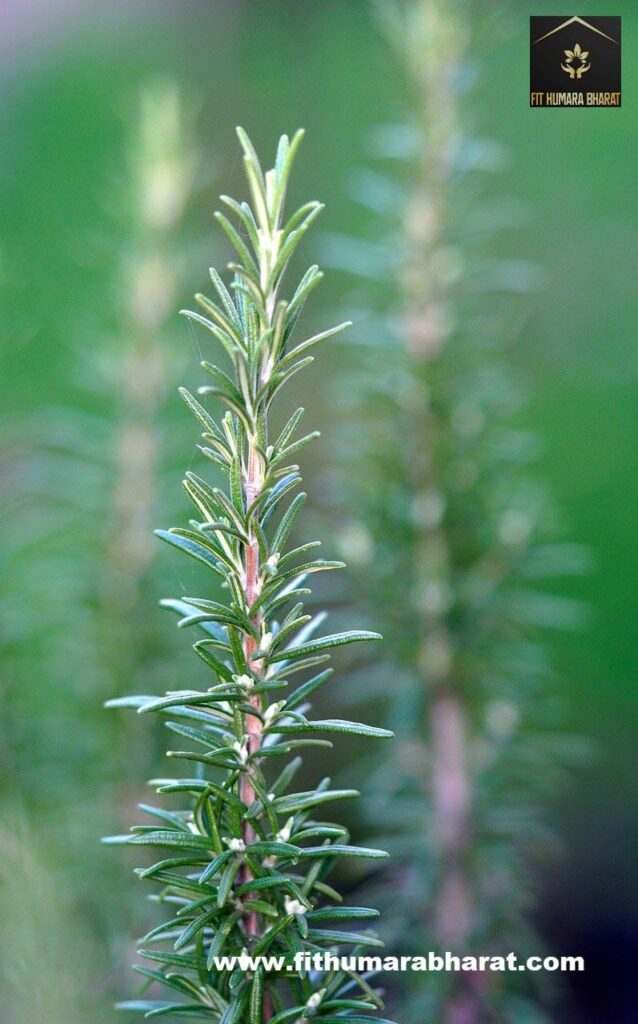
To take advantage of rosemary’s memory-improving benefits, just keep a potted plant of the herb on your desk or in your study. The use of rosemary in food has been linked to improved memory and focus.
7. Peace Lily
The healing properties of the Peace Lily include its capacity to filter out ammonia, benzene, and formaldehyde from the air. Humidity levels are also improved by them.
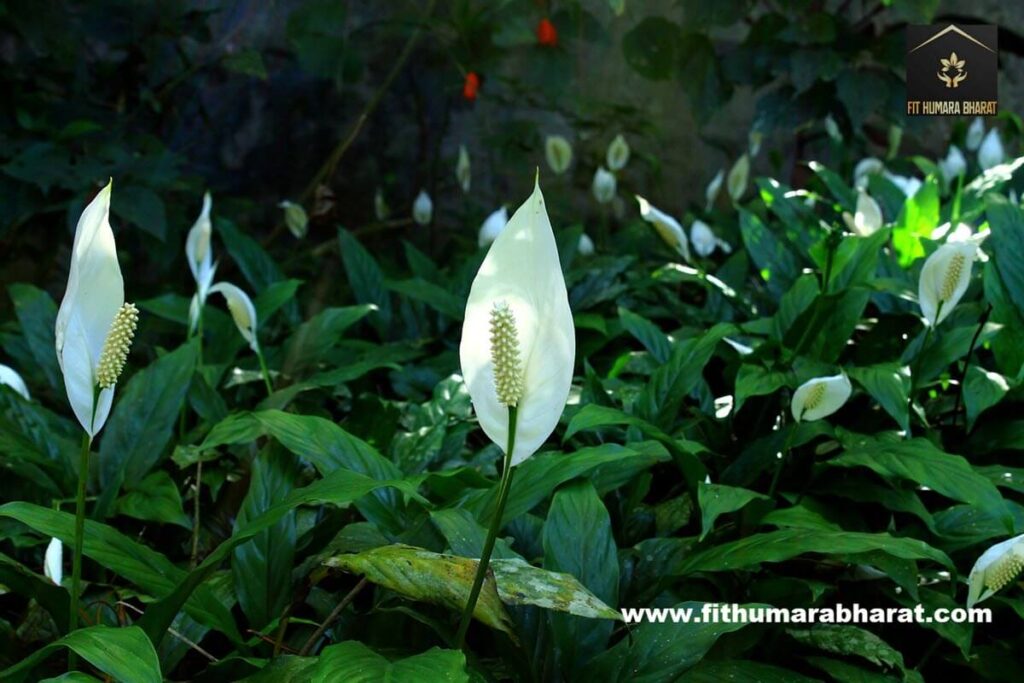
Instructions: Place peace flowers in crowded or poorly ventilated rooms (such kitchens or living rooms) to reduce airborne pollutants.
8. Chamomile
Chamomile, also known as Matricaria chamomilla or Chamaemelum nobile, possesses a number of medicinal properties, including the following: Chamomile is a gentle herb that is frequently utilised for the calming effects it possesses. It is possible that its use will be beneficial for stress, anxiety, and lack of sleep. It’s common practise to drink tea brewed from chamomile flowers before bedtime to help with relaxation and reduce tension.
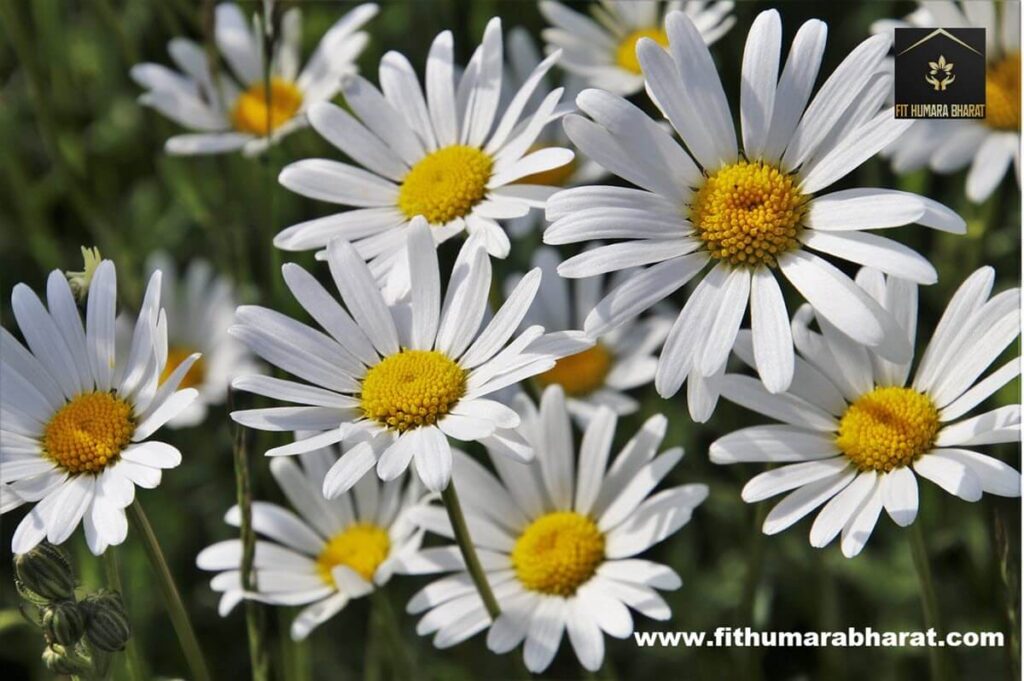
The flowers of the chamomile plant can be picked and used to make tea, or they can be allowed to dry up and placed in sachets for use in aromatherapy. Both of these uses are common.
9. Snake Plant
The Sansevieria trifasciata, more often known as the snake plant, is an excellent houseplant that requires very little light but yet manages to significantly clean the air. They are an excellent addition to bedrooms due to the fact that they filter out airborne contaminants such as formaldehyde and benzene while at the same time releasing oxygen.
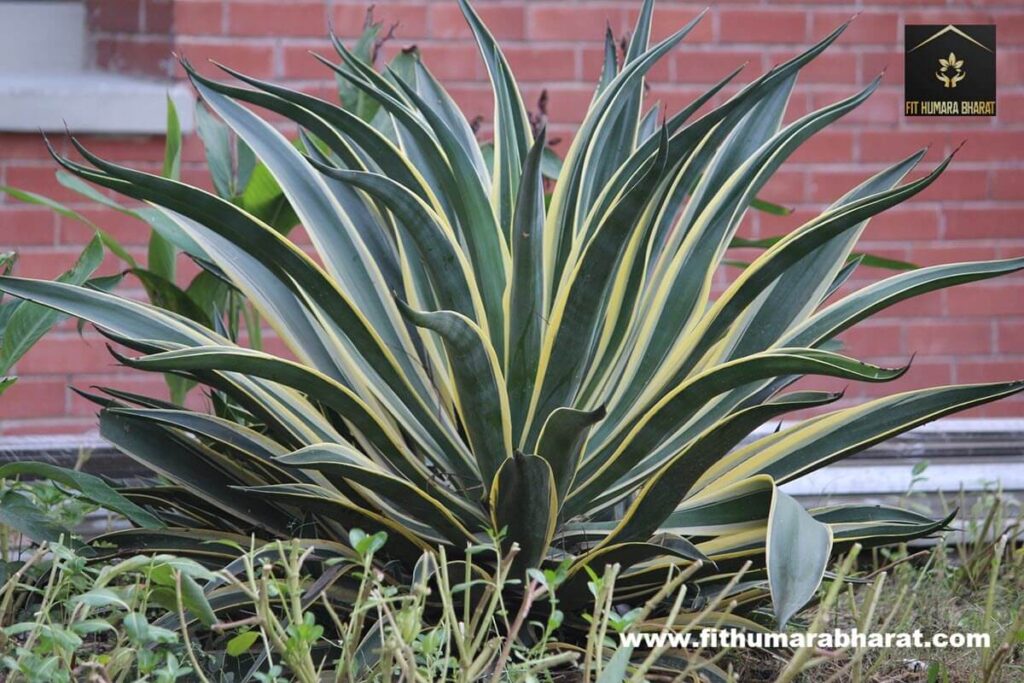
It has been demonstrated that increasing the amount of oxygen in a bedroom by using snake plants results in a more restful night’s sleep.
10. Basil
The medicinal properties of basil (Ocimum basilicum) include the following: In the kitchen, basil may be utilised in a variety of various ways, and there is some evidence to suggest that it may also have some beneficial effects on one’s health. The antimicrobial and soothing benefits of the essential oils employed in its preparation are well known.
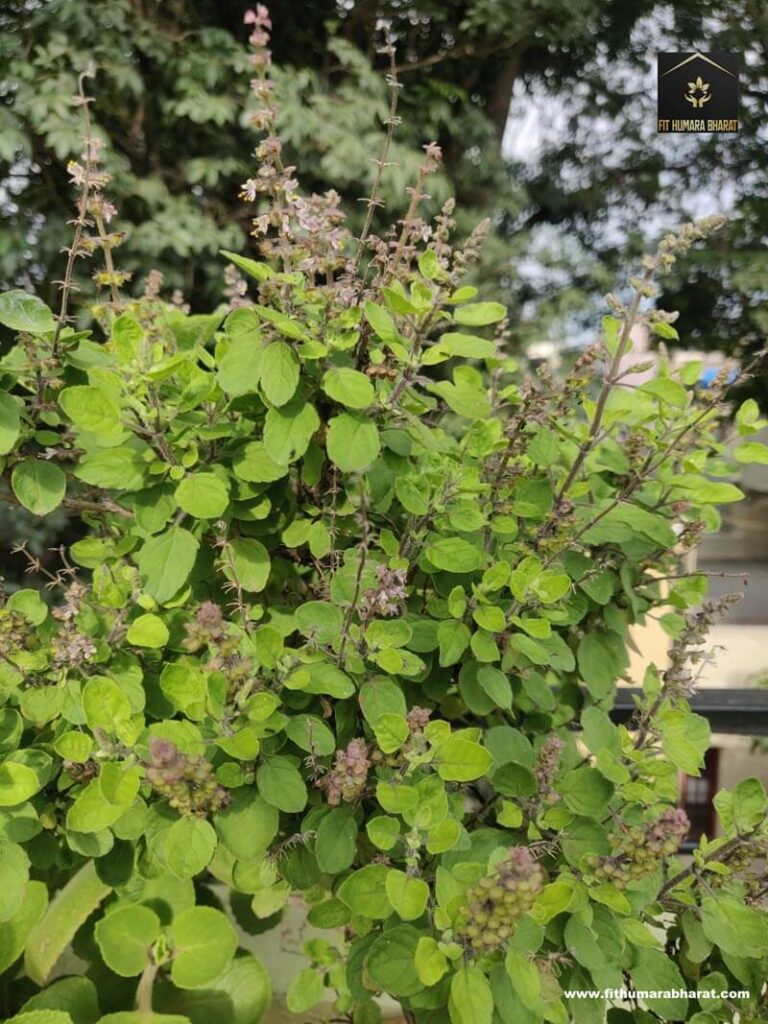
Make use of basil in your cooking since it adds taste and may have some positive effects on health. Basil-infused water or tea is a wonderful way to unwind and take some time for yourself.
The Potential for Health Benefits of Indoor Plants
Beneficiating from the healing powers of nature without having to leave the convenience of your own home may be accomplished in a straightforward and joyful manner via the usage of houseplants.
The ten plants that are described below are not only beautiful additions to your house, but they have also been found to have beneficial impacts on your health. Some of these benefits include reducing skin irritations, improving your mood and focus, and lowering your overall stress levels.
A holistic and natural approach to improving one’s health and well-being, the addition of these plants to one’s house is one such approach. By giving these plants the attention, they need and taking advantage of the specific benefits they offer, you may enhance the atmosphere of your house and the state of your health.
Thank You
- Genetically modified houseplant cleans indoor air
- The basic roles of indoor plants in human health and comfort
- Houseplant, indoor air pollution, and cardiovascular effects among elderly subjects in Taipei, Taiwan
- Interaction with Nature Indoor: Psychological Impacts of Houseplants Care Behaviour on Mental Well-Being and Mindfulness in Chinese Adults
- Identification of common houseplants in the emergent care setting

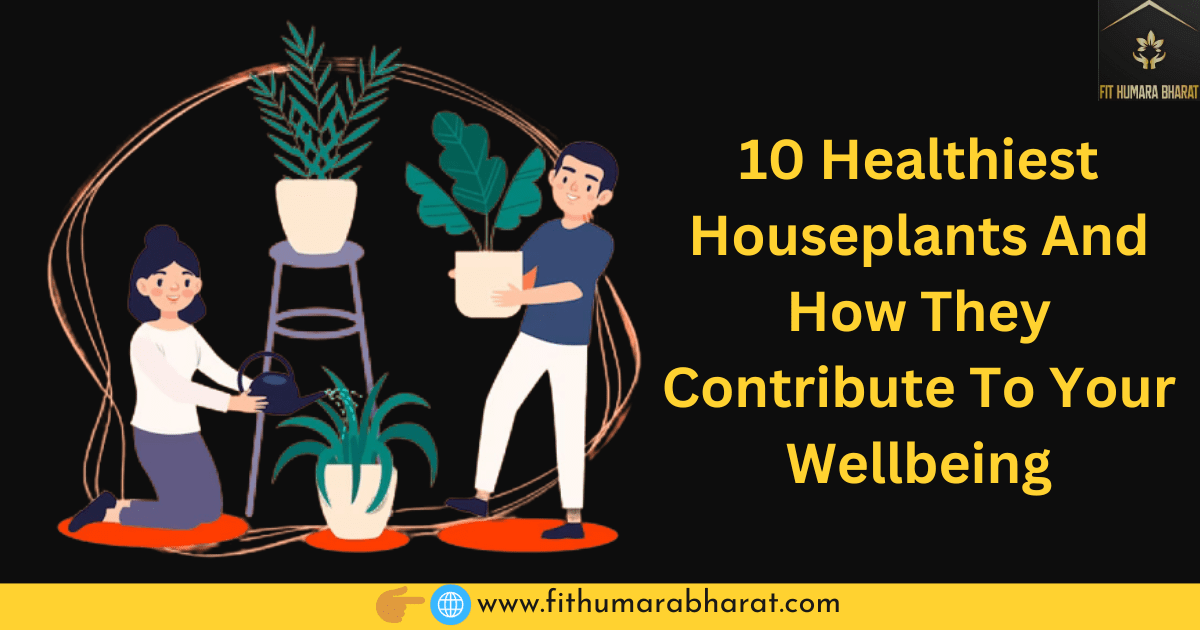


 Sources
Sources